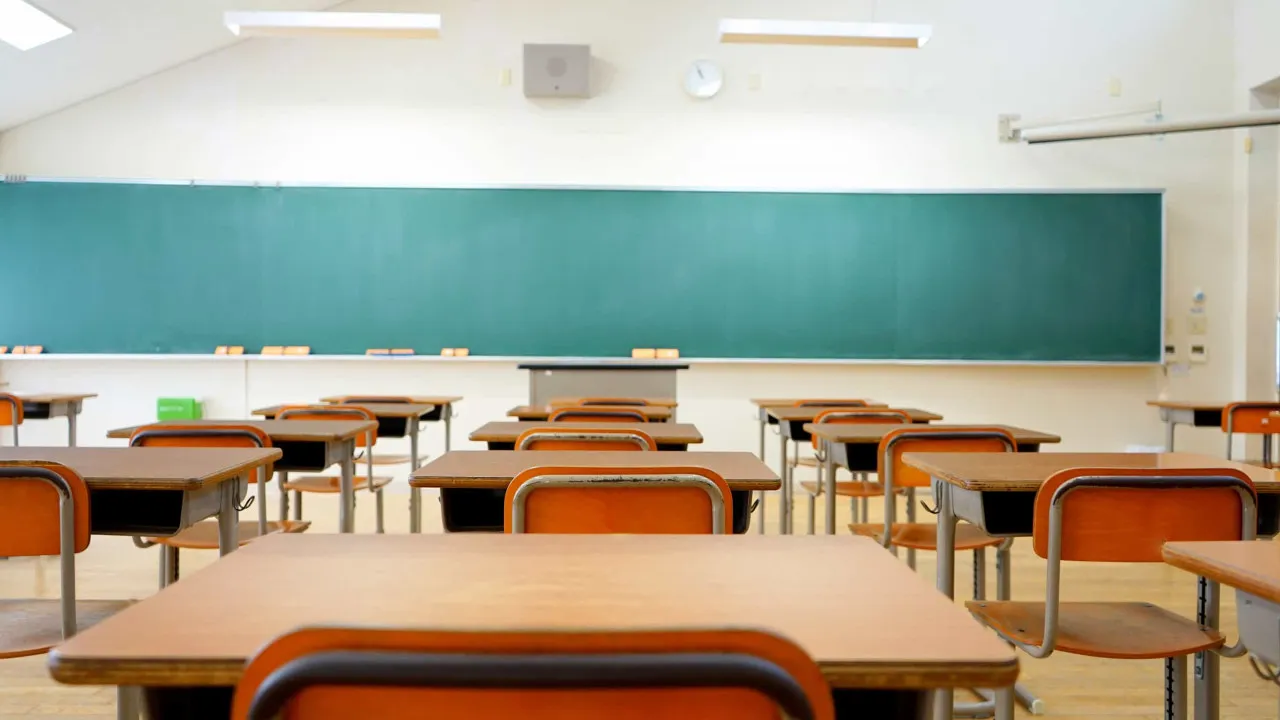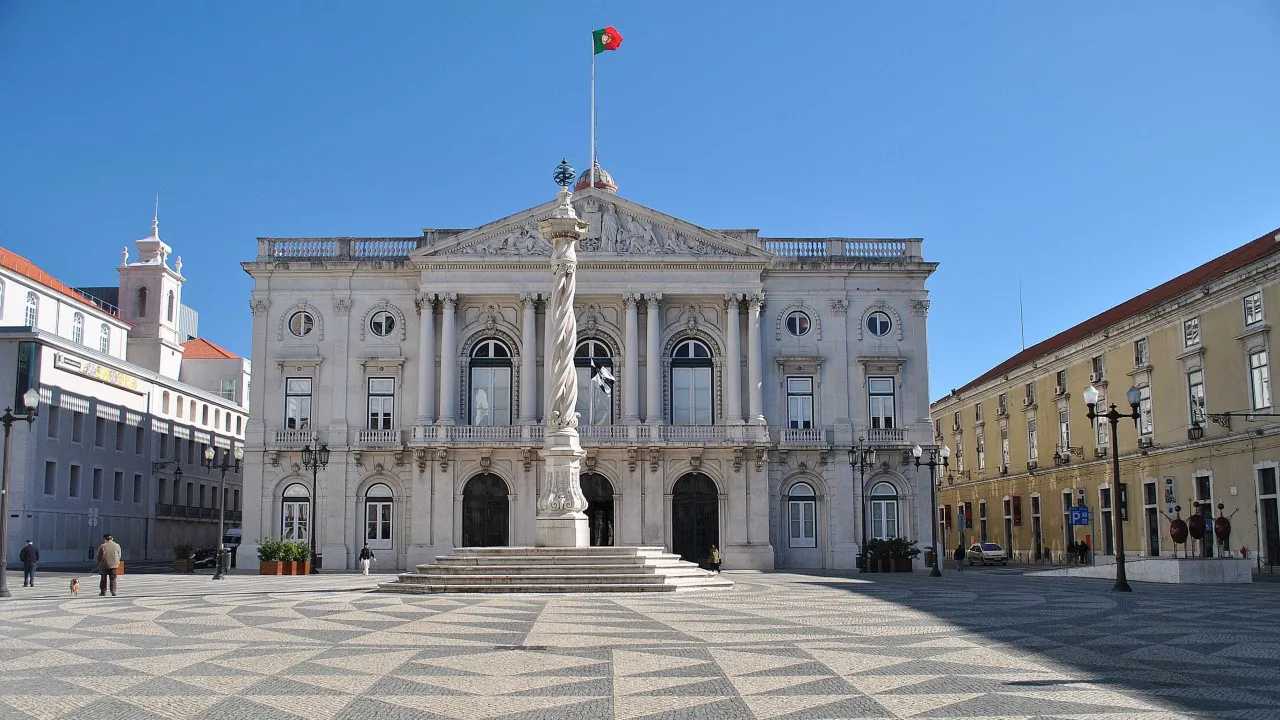
SPLIU addressed a letter to the president of the National Association of Portuguese Municipalities (ANMP), the body responsible for primary schools, highlighting that scientific evidence shows factors like school furniture layout, decoration, and especially lighting, ventilation, thermal comfort, and air quality significantly influence students’ attitudes and behaviors in the classroom, thus directly affecting the learning environment.
The SPLIU pointed out that most schools have classrooms with large glass surfaces, creating a greenhouse effect with temperatures surpassing 40º in summer and cold, damp conditions in winter. This, they argue, inevitably impacts both students’ and teachers’ concentration and intellectual capacity.
The union emphasized that it is also critical to consider that summative assessment tests and exams invariably occur in June and July, coinciding with high temperatures, especially in the inland regions of the North, Center, and South.
They argued that there are numerous reasons justifying the urgent need for municipalities to invest in upgrading and adapting classrooms to cope with extreme cold and heat.
The SPLIU recommended that municipalities invest in insulation, protection from solar rays, light regulation, and climate control in classrooms.




